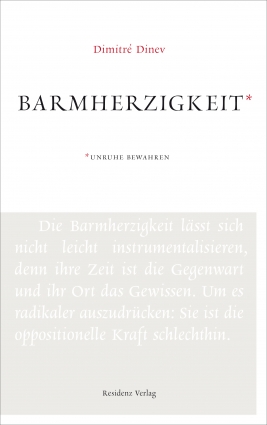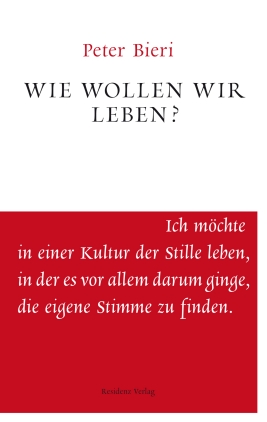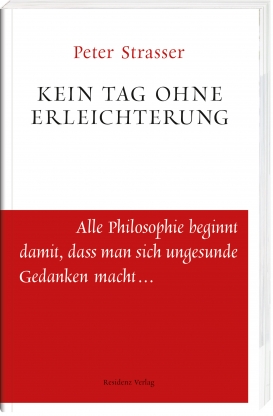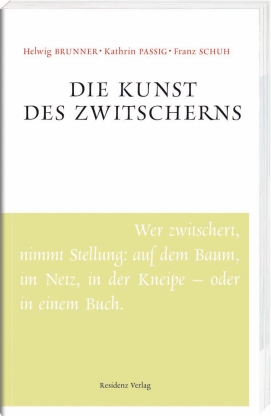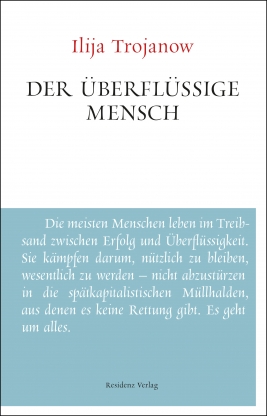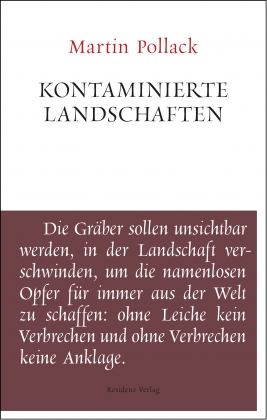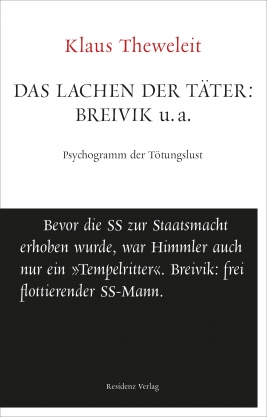Der Publizist Najem Wali geht dem Wesen des Bösen, den Motiven des Tötens nach und durchstreift dabei Vergangenheit, Gegenwart und Literatur(…) Tiefsinnig, reichhaltig, fast überbordend, dabei erstaunlich eingängig in seiner Lektüre.
[Quelle: Susanne El Khafif, DEUTSCHLANDFUNK]
Dieses Buch, das „Vom Töten mit und ohne Gott“ (so der Untertitel) handelt, öffnet dem Leser die Augen darüber, dass es keine Rechtfertigung für Gewalt gibt. Wie im Anfangszitat erkennbar, reicht der Terror weit in die Geschichte zurück und ist nicht erst in den letzten Jahrzehnten entstanden. „Im Kopf des Terrors“ ist besonders in unserer Zeit ein wichtiges Buch, das unbedingt gelesen gehört (...).
[Quelle: Bettina Armandola, BOOKREVIEWS]
Der Autor Najem Wali arbeitet anhand literarischer Werke wie Dostojewskis „Die Dämonen“, der Französischen Revolution oder der Entstehung des Wahhabismus in Saudi-Arabien eine provokante Quintessenz des Terrors heraus: Das Böse ist ein Instinkt, während das Gute eine erworbene Haltung ist. Ein wichtiges Buch.
[Quelle: C. Grüll, KIRCHENZEITUNG]
Wali zeigt, dass unser Blick auf die Terroristen eingeschränkt ist.
[Quelle: NEWS]
Najem Wali, Im Kopf des Terrors, erhält von mir das Prädikat: Unbedingt lesenswert!
[Quelle: Herbert Gnauer, Literadio]
Wali (zeigt) die Seite der Medaille, über die in der Öffentlichkeit gerne geschwiegen wird und die deshalb verdient, in die Debatte (…) hineinreklamiert zu werden.
[Quelle: Kirstin Breitenfellner, FALTER]
Man merkt, dass der Autor Literatur studiert hat, denn nicht nur kennt er viele Beispiele aus Romanen, seine Sprache ist auch eine literarische, die das entsetzliche Thema erträglich macht.
[Quelle: Rüdiger Opelt]
Unabhängig davon, ob man Wali in seiner Argumentation folgen will, ist der Essay gut geschrieben und ein wichtiger Beitrag in einer Debatte, die uns leider noch einige Zeit beschäftigen wird.
[Quelle: Oliver Herzig, XING]
Ein lohnendes Eintauchen.
[Quelle: KIRCHENZEITUNG]
Sein Schluss, das Böse sei ein Instinkt, während der Wille zum Frieden eine erworbene Haltung sei, ist jedoch bemerkenswert und verlang nach genauerer Betrachtung, die der Autor mit der literarischen Herleitung anregen will.
[Quelle: Jonathan Werner, BIBLIOTHEKSNACHRICHTEN]







